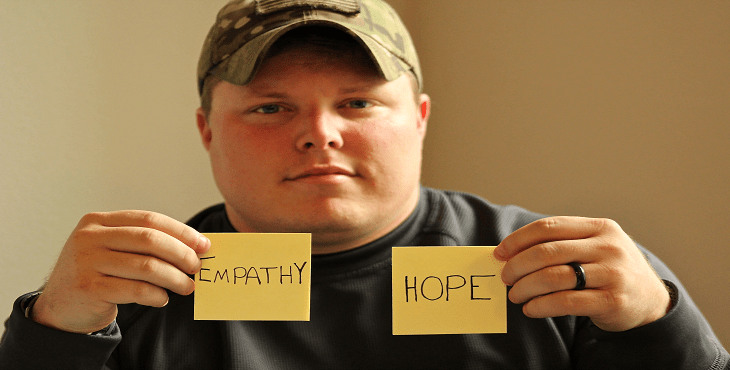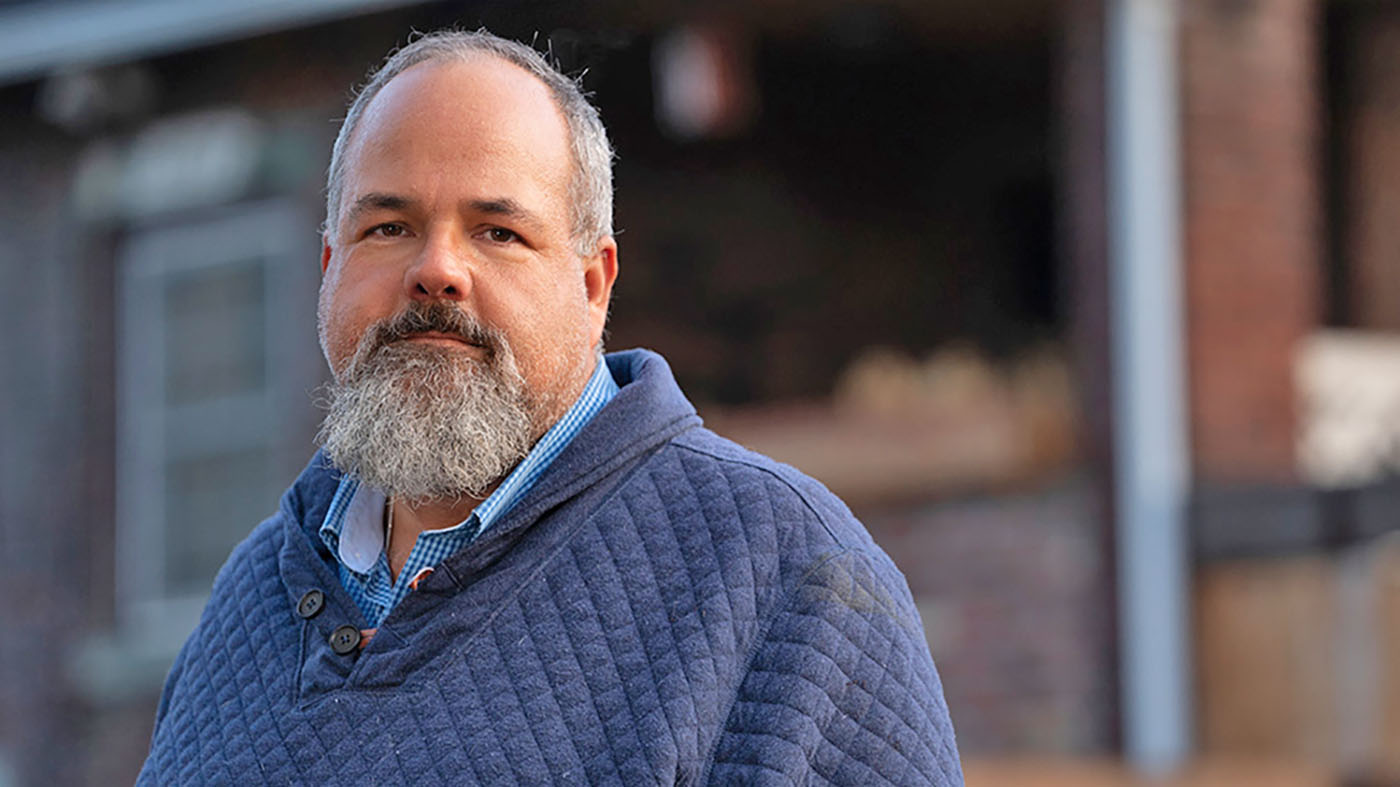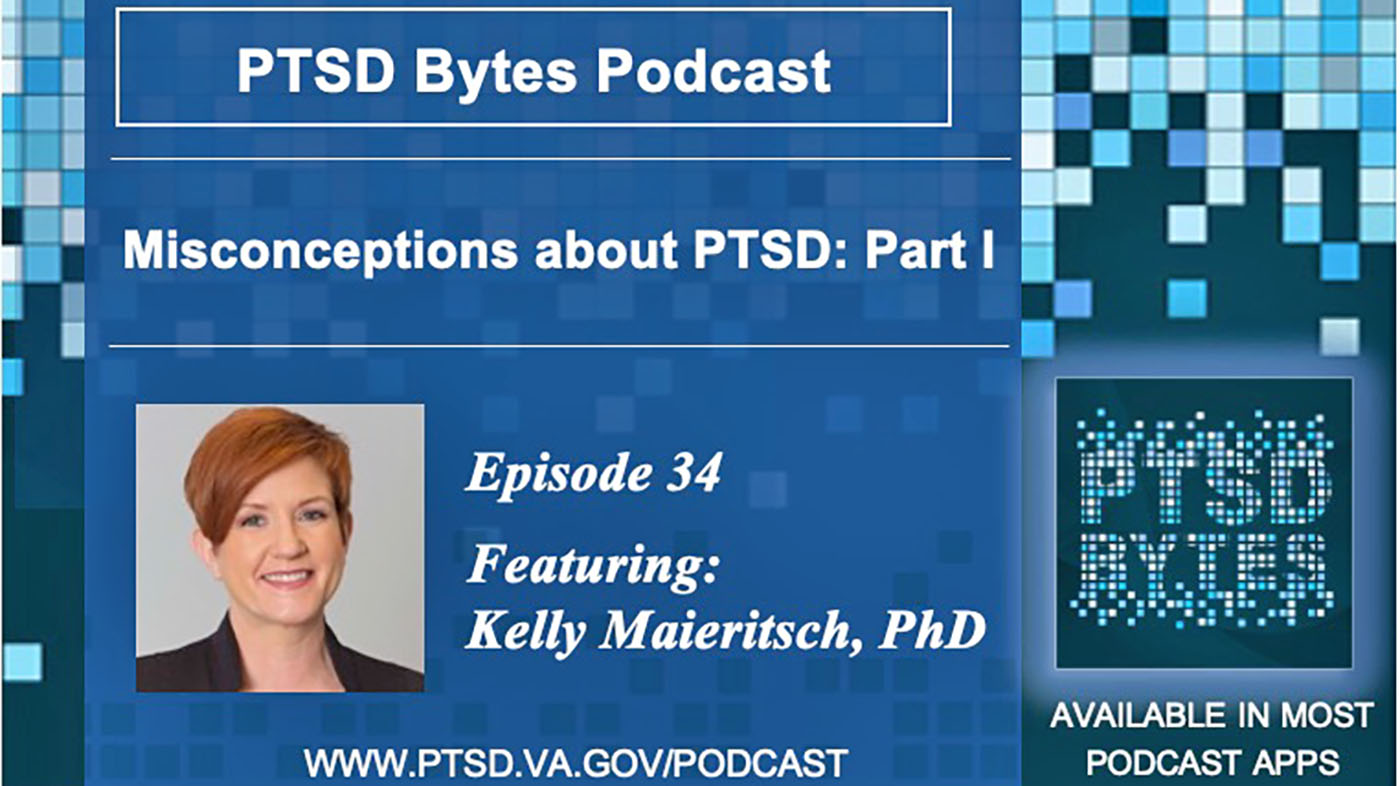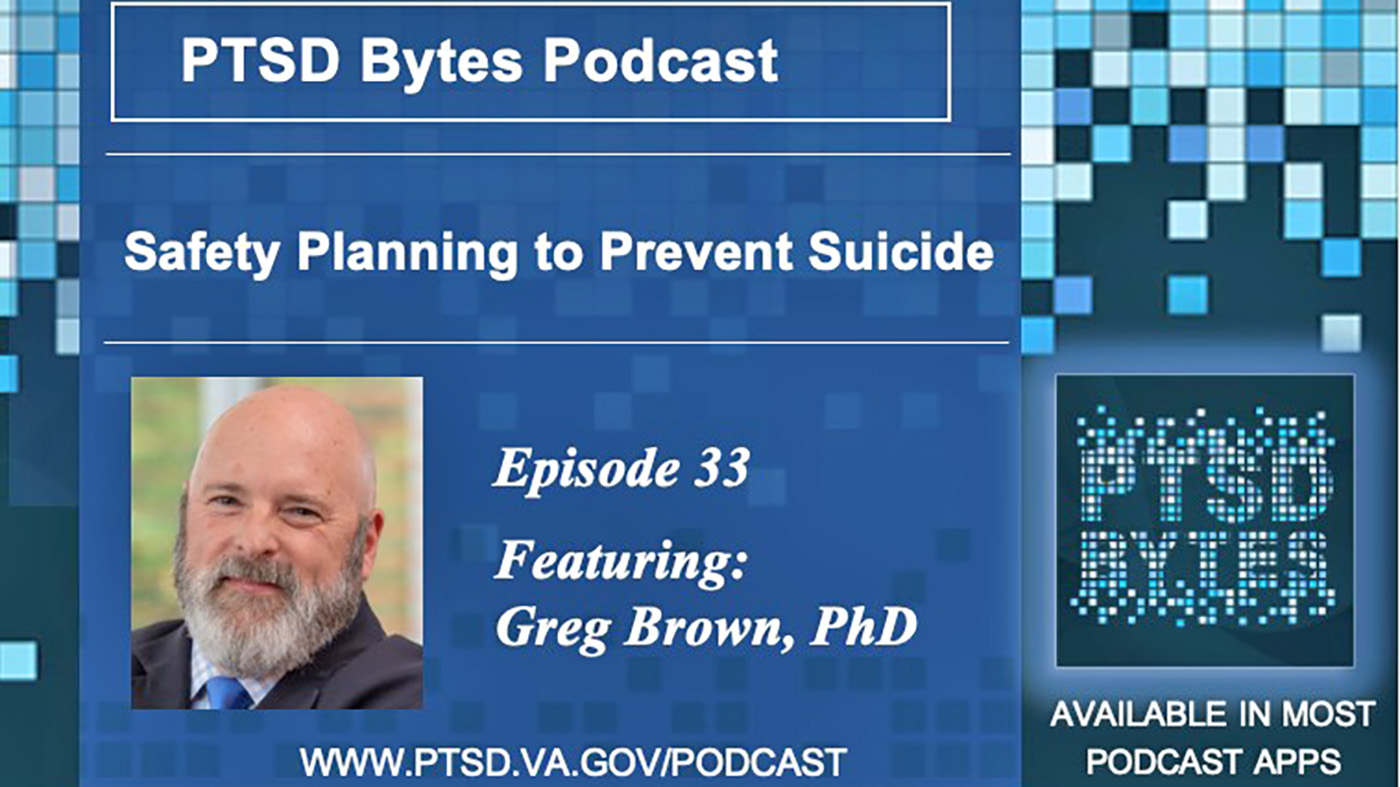Michael Buchanan spends a good share of his day fixing things.
As one of 25 peer support specialists assigned to VA North Texas, Buchanan’s current role places him in a converted Plano apartment supporting the HUD-VA Supportive Housing (HUD-VASH) program. HUD-VASH combines housing choice voucher rental assistance, homeless Veterans case management and clinical services provided by VA medical professionals.
Typical Veterans using the program are in the recovery process from mental health or substance abuse issues and are seeking stable housing to expedite their return to society. Buchanan is part of an interdisciplinary team including substance abuse disorder specialists and registered nurses who are available to assist any pressing medical concerns while in the process of securing housing.
Peer support specialists assist physicians and provide therapeutic support and assistance to fellow Veterans in recovery. The hiring and selection process for these positions is rigorous and requires that a candidate be a Veteran who has recovered or is recovering from a mental health condition and is certified by a non-profit entity or the state as having met all necessary criteria and training.
VA believes that those who have walked the same path as those they will serve are best equipped to serve as role models for those just beginning their recovery.
“By being an open book, we’re helping other Veterans and ensuring they get the very best possible healthcare from VA,” said Buchanan.

Peer support specialist Christina Meek
VA North Texas peer support specialist Christina Meek works at the Bonham Domiciliary, an in-resident treatment facility for Veterans with substance abuse issues and post traumatic stress disorder.
“I became a peer support specialist because I didn’t have someone that I could go to when I went through a lot of my issues with depression and anxiety,” said Meek. “As a Veteran, being a peer support specialist has provided me the opportunity to work with other Veterans who are dealing with what I faced and beat in my own recovery.”
Based on the specialist’s experiences and associated research, VA knows the importance of the initial peer to Veteran engagement and continued mentorship connections made and fostered while using mental health services.
“What all peer support specialists have in common, beyond their honorable service to our country, is that they have acknowledged their vulnerabilities and struggles,” said Dr. Rodney Teague, VA clinical psychologist and VA North Texas local recovery coordinator. “By sharing their stories, peers instill pride and hope that things can be different in the future.”
Each day in the Plano HUD-VASH office starts with empathy, is filled with Veteran successes, failures, speed bumps, but ends with hope. For Michael Buchanan it’s all about small fixes that keep a Veteran on track in their recovery and on a new positive track in their life. Buchanan knows firsthand how small fixes can make the seemingly insurmountable problems attainable.
Buchanan spent seven years and nine days in the U.S. Army as a cavalry scout. Two deployments to the Middle East in the aftermath of 9/11 brought forth physically and emotionally challenging realities. Nothing can be insurmountable in a war zone. Small fixes and hope augment training and muscle memory to achieve the impossible, or just the “normal”. Sometimes the war zone “normal” is too much to handle. Buchanan became autonomous, numb and admittedly reckless with his own life following several periods of heavy conflict during a tour in Afghanistan.
“They unleashed hell on us with rocket propelled grenades,” said Buchanan. “My team leader was seriously injured. My friends were injured. It was very dark for me.”
The invisible aftermath of war took its toll on Buchanan’s home life, relationships with his wife, kids, family and friends. He reached a breaking point and saw no future for himself.
“I knew something was really wrong and I didn’t know how to fix it. I thought about ending it all,” said Buchanan.
A trip from his then home station at Fort Drum, New York, to a facility in Denton, Texas, gave Buchanan what he was missing and couldn’t see: empathy and hope. It was also during this treatment that he realized what he wanted to do after leaving the military. Buchanan left the military after his treatment in Denton and through his experiences and successes in recovery, secured a VA peer support specialist position in Las Vegas before relocating to Dallas and the HUD-VASH office at the urging of his spouse and family.
“Being held accountable for things that happened in my life by other Veterans gave me great clarity and brought back my sense of reality,” said Buchanan. “I knew then that I wanted to use my experiences to help other Veterans. I had found my calling.”
A one-time U.S. Army military policewoman and military sexual trauma survivor, Christina Meek’s daily peer duties can closely mirror the thoughts and emotions of her own personal journey through recovery. A significant portion of being a Peer requires the courageous decision to make their own stories of recovery public for the sake of encouraging and inspiring their fellow Veterans.
“I had an extremely hard time when I first started as a peer and a Veteran relapsed,” said Meek. “It took me a while to realize that a Veteran has to truly embrace change in their lives and that it’s really all about choices and how one acts on them.”
Veterans in recovery face a litany of personal assessments, available services and skill development. Adapting to different ways of thinking and new behaviors in individual and group sessions provides many opportunities for peer support specialists to share their own recovery stories and help Veterans create meaningful wellness plans.
“Instead of making a Veteran’s recovery a solo journey, we make it a how are we going to fix this together proposition,” said Buchanan. “But we don’t give sympathy; we’re empathetic and advocates for self-sufficiency.”
Inspiring hope that recovery and resiliency are achievable goals requires adherence to a recovery model and mentors to exhibit and live the behaviors necessary for change in the face of adversity. The role peers like Buchanan and Meek play in helping their fellow Veterans is hard to adequately quantify but easy to see at first glance.
“Peers and their team are the very embodiment of wellness and recovery,” said Teague. “They are proof to other Veterans that human beings are capable of shaping a new, healthy future.”
About the Author: Jeffrey Clapper is a public affairs specialist for VA North Texas Health Care System. He is a decorated combat Veteran and award winning photojournalist and documentary film maker.
Topics in this story
More Stories
Be ready before a suicide crisis by learning about resources that are available. You don’t have to face it alone.
In a two-part series, Dr. Colleen Becket-Davenport discusses some common myths surrounding PTSD with Dr. Kelly Maieritsch.
In this episode of the PTSD Bytes podcast, we speak with with Dr. Greg Brown, Philadelphia VA clinical psychologist, about how safety planning can prevent suicide.





